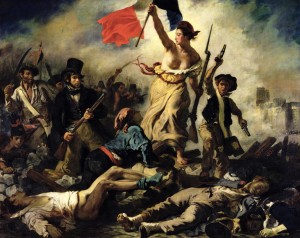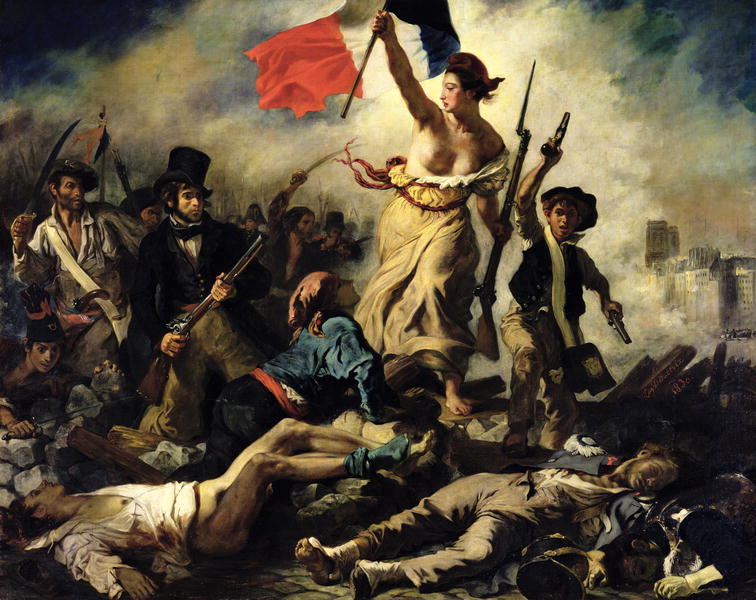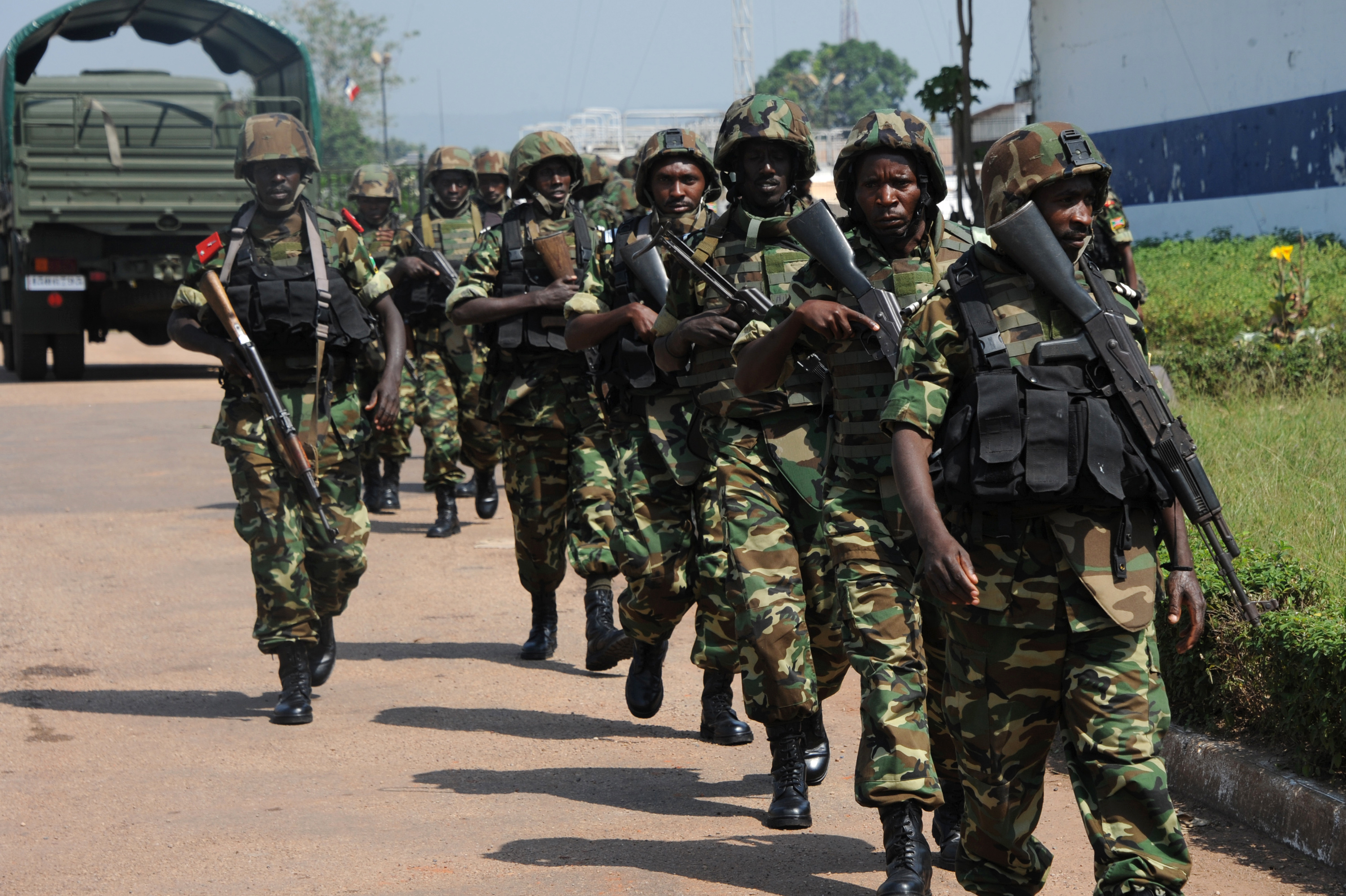Today, September 11, 2012, many billions of people of different race and religions will all be reminded, in one way or another, of what happened eleven years ago to the day. On a morning in September of 2001, humanity was united in its feeling of shock and awe, and eventually anger, as we watched two of the most iconic commercial centers of the Western world tumble to the ground in a heap of smoke and concrete. Surely you’ve seen footage of the falling towers, but have you watched footage of the news anchors sitting at their desk as they reported the events that day? As the second plane appears in the frame of a live shot of the first tower billowing away, the anchors are literally speechless. It makes me wonder when the last time we, or have we ever for that matter, seen reaction to news footage like that? It’s the sort of human reaction that makes one realize the significance of the commemorative ceremony that will be broadcast on television today, which will surely continue well into the next few centuries.

9/11 was a significant event, on par with the storming of the Bastille, and may eventually be commemorated as such. Every year, on the 14th of July, people of France celebrate the storming of the Bastille – a fortified prison of sorts – when members of the French peasantry took up arms and fought against the French constitutional monarchy headed by Louis XVI. Actually, they stormed the Bastille in search of a weapons cache with which to launch a bigger revolt, but that is neither here nor there. The events that evening became symbolic of populist-based active defiance against an oppressive regime around which French Revolutionaries would rally in the years to follow. What ensued was the French Revolution and the collapse of what history buffs call the Ancien Régime, which is to say, the end of the old way of things. The end of Kings, the end of Queens, the end of slavery and the beginnings of modern democracy (or the re-beginnings of modern democracy for those Ancient-Greek scholars out there). To look at things from a longue durée, the French Revolution basically became the jump off point for Modernity. So when reading history books you have pre and après French Revolutionary Europe. Things were such and such a way before the French Revolution and things were such and such a way after the French Revolution.
This sense of a pre/post, before/after, or then/now really gives us a clear indication of importance surrounding a particular point or period in time – that this event, or period, or series of events was so significant that we can say that ‘our state of being was a certain way before this event and that after this event it has been quantitatively and qualitatively different.’ To look at history from a longue durée perspective is to see history in terms of enduring structures or overarching and all encompassing eras that eventually change, evolve, or transform into some other era as the result of, in the case of the French Revolution, ten tumultuous years, or as was the case eleven years ago – a few hours. A watershed morning or ten years’ time, the effect is the same. Before two planes knocked down twin towers killing thousands, we lived a certain way. Since 9/11/2001 we are and have been living another way. I write today in a post 9/11 world.




